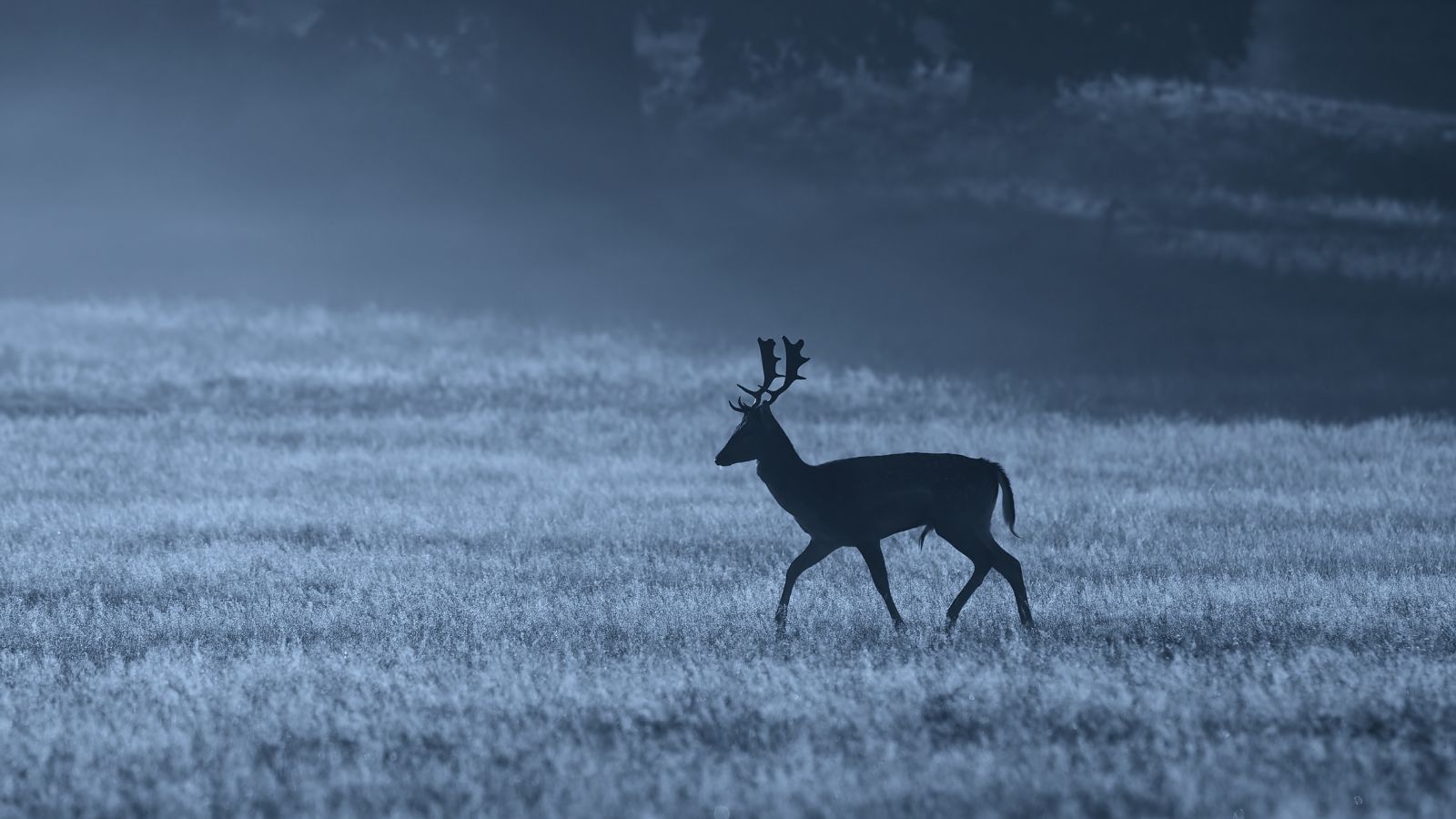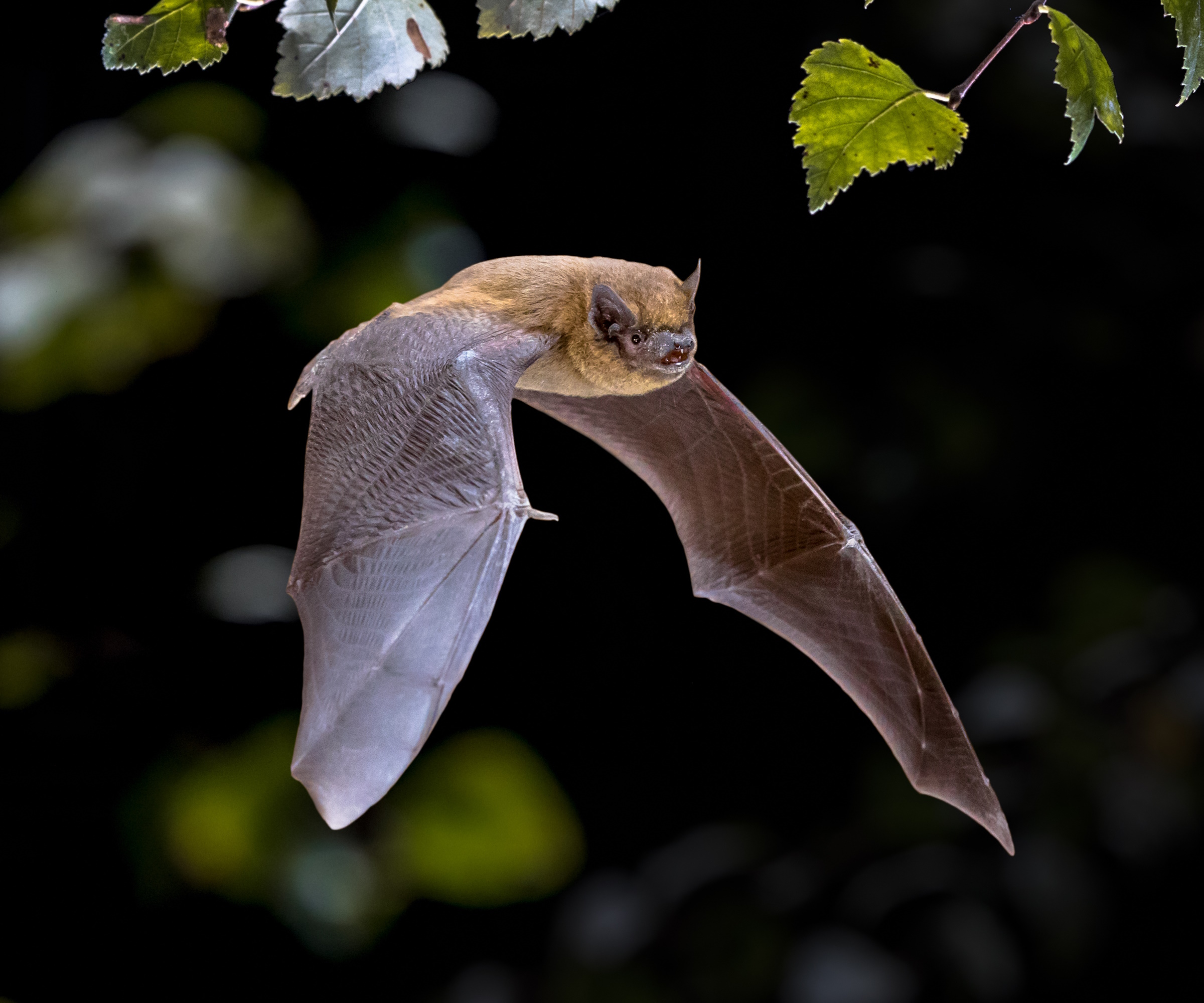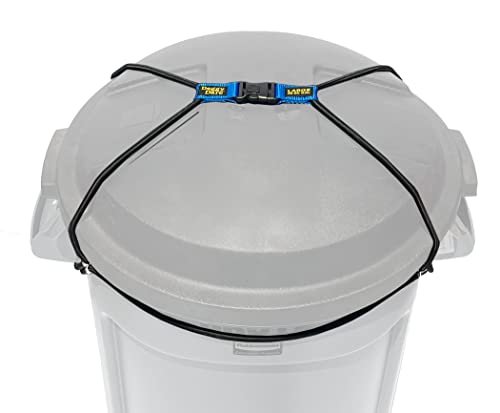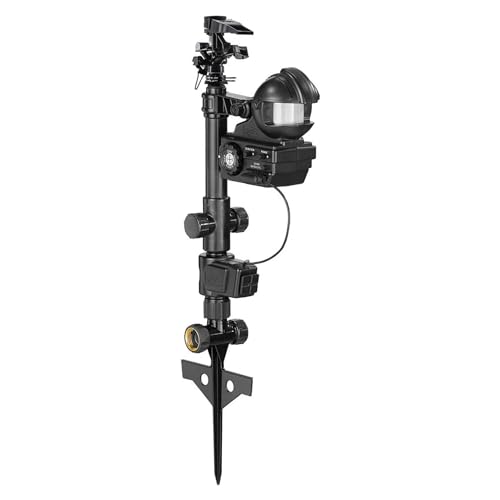Do outdoor security lights deter animals? A wildlife expert explains why your lights won't keep unwanted animals away
Security lights keep humans at bay, but they won't work on raccoons, deer, or bears


Design expertise in your inbox – from inspiring decorating ideas and beautiful celebrity homes to practical gardening advice and shopping round-ups.
You are now subscribed
Your newsletter sign-up was successful
Want to add more newsletters?

Twice a week
Homes&Gardens
The ultimate interior design resource from the world's leading experts - discover inspiring decorating ideas, color scheming know-how, garden inspiration and shopping expertise.

Once a week
In The Loop from Next In Design
Members of the Next in Design Circle will receive In the Loop, our weekly email filled with trade news, names to know and spotlight moments. Together we’re building a brighter design future.

Twice a week
Cucina
Whether you’re passionate about hosting exquisite dinners, experimenting with culinary trends, or perfecting your kitchen's design with timeless elegance and innovative functionality, this newsletter is here to inspire
There's no better way to protect your home from burglars than a set of security lights. They light up dark corners of your yard, making it much harder to intrude.
You might think this deterrence also applies to local wildlife, protecting your home from the damage brought by raccoons, deer, bears, and other animals. It seems like a no-brainer - security lights offer a human and animal repellent in one device.
However, after speaking to a pest control expert, I've found that garden security lights can't deter wildlife. It may occasionally spook them, but it's not a long-term solution.
1. Raccoons

Motion-activated lights can scare raccoons away the first time, but they won't work over time. Raccoons are nocturnal and they like to hunt and scavenge in the dark. Bright light can disorient them, or make them think they're exposed to their natural predators like coyotes or hawks. If it's the first time the raccoons have come to your property, it will probably scare them off.
However, raccoons will quickly get used to bright lights. Wildlife expert Aaron Carlson told me that over time, 'security lights do not deter raccoons.' Instead, you can use a motion-detection sprinkler, raccoon-proof trash cans, or repellents like ammonia to keep raccoons out of your yard.

Aaron Carlson is the District Manager for Trutech Wildlife Service in Southwest Florida, with over 15 years of pest control experience. He holds a Bachelor of Science in Zoology and Animal Biology, applying his expertise to manage wildlife removal and pest control in the region.
2. Deer

Deer are interesting because security lights almost deter them. Aaron Carlson told me that security lights 'will only deter the deer once or twice, then the lights will no longer deter the deer.'
If a deer is just passing through, motion-detection lights will spook them, and they'll move along. If you have a local herd, this might happen a couple of times, but after that, the deer will get used to the lights. Sometimes, the deer won't spook in the light. It's the same phenomenon as the cliche of a deer in the headlights. The deer's eyes are adjusted to the darkness, so the sudden bright light will blind and stun them.
Design expertise in your inbox – from inspiring decorating ideas and beautiful celebrity homes to practical gardening advice and shopping round-ups.
If you don't have any deer-proof plants, you might find that your yard is getting chewed up by deer. As ever, the best way to deter deer is to put up fence panels or use a repellent.
3. Bears
While raccoons can knock over trash cans and deer can chew up your lawn, bears pose a much bigger threat. Unfortunately, Aaron told me plainly that 'security lights do not deter bears'. Bears, like deer, might be startled the first time, but they will quickly get used to motion lights.
Instead, just like raccoons, the best way to deter bears is to remove the things that attract them. You can switch out your trash cans for bear-resistant models, though it's often easier to leave your garbage in the house until it can be picked up. If you use bird feeders, either remove them or place them high in trees where bears can't reach them.
If you have a grill, the smell of meat and grease might attract them, so clean it and store it in a shed or garage. If you can, install fencing, and in rural areas, consider installing electric fencing. Bears are also deterred by the smell of ammonia.
4. Consider bats and birds

Security lights don't deter animals, but they can harm them. Bright security lights can be harmful to beneficial wildlife like bats and songbirds. Security lights are usually colored at 6000 kelvin, which is similar to daylight. This can trick birds into waking up at night, disrupting their sleeping, mating, and hunting patterns. You may find that there's less birdsong in your yard if you use bright security lights.
Bats are particularly affected by bright security lights. At first glance, it seems like security lights are great for bats, as they attract insects to a single bulb and provide a rich hunting ground. However, the color and brightness of security lights can stun bats, which stops them from hunting. Bats are a vital part of keeping insect populations under control, especially mosquitos. If you have more bug bites than usual, it could be the fault of your security lights.
If you can, use motion-detection security lights which limit how long the lights shine, and make sure they're aimed at as small an area as possible.
FAQs
Do security lights with alarms deter animals?
Security lights with alarms might deter animals the first time, but after a while, they'll get used to them and return to your yard. It would mean a loud alarm goes off any time a raccoon passes through, which is a nuisance.
Motion-detection lights aren't the only landscape lighting that can harm wildlife. If you want to look out for local critters, consider using dim, red-toned lights to do your part for the environment.

As a gardens and lifestyle contributor, Alex makes sure readers find the right information to help them make the best purchase. Alex got his start in reviewing at the iconic Good Housekeeping Institute, testing a wide range of household products and appliances. He then moved to BBC Gardeners’ World Magazine, assessing gardening tools, machinery, and wildlife products.


